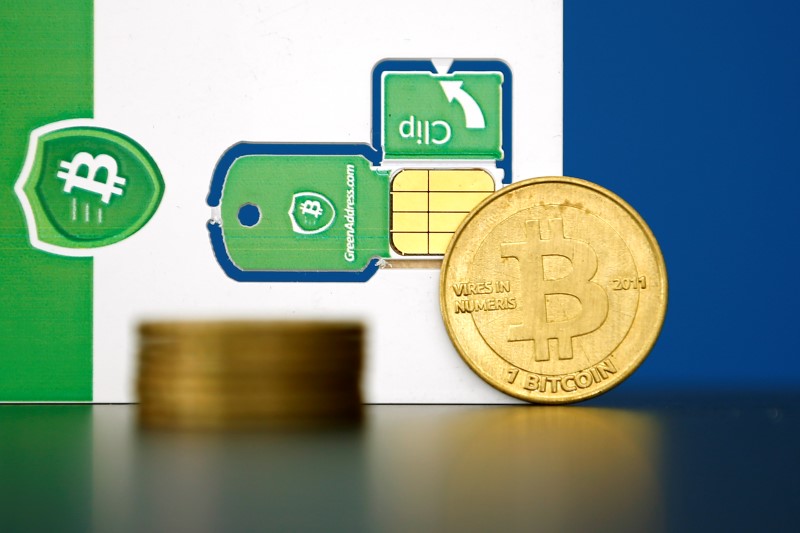A term that was introduced to the world back in 2018, decentralized finance (DeFi) expanded the possibilities of blockchain technology and cryptocurrencies by leveraging the ‘smart contracts’ ability provided by the Ethereum blockchain network.
Reimagining traditional finance that employs a network of banks, central institutions, and various intermediaries, DeFi has been touted as a revolutionary financial system that is transparent, borderless, and gives users the power to transact directly without middlemen by using cryptocurrencies.
However, in spite of the large number of benefits offered by DeFi, it has a unique set of challenges and threats that continues to divide finance experts about the future of this decentralized global financial system that is proliferating rapidly today.
Virtues of DeFi Imagine a financial system where the control of funds and privacy of transactions are the sole mandate of the user.
DeFi has accomplished this by using smart contracts to execute transactions between users, facilitate borrowing or lending and use cryptocurrencies to power transactions across the world at a lightning pace.
Despite eliminating the need for central banks to regulate all of this activity, DeFi provides utmost security by means of immutable transaction capability that is offered by blockchain technology.
In other words, DeFi throws away the shortcomings of traditional finance while introducing crypto users to a new world of possibilities by using cryptocurrencies for transacting.
What’s more, by relying on the very community of users to decide on governance matters of the various DeFi projects in existence today, it is democratizing finance, allowing anyone to participate in the global economy through the internet.
The challenges plaguing the DeFi industry As is the case with any new technological innovation, DeFi too has been fraught with challenges that can destabilize its global expansion.
With thousands of blockchain projects jostling for users and market share in a rapidly expanding DeFi space, instances of bad players siphoning off investor money and eloping with it have been on the rise.
Additionally, with all transactions being meted out on the Internet, cybercriminals have been focusing on projects that may have loopholes in their codes and continue to target users who aren’t as careful with their crypto assets.
According to blockchain analytics firm Chainalysis, these malicious entities were able to steal a record $14 billion in 2021, with a large part of these funds stolen from DeFi projects or their users.
In response, however, the DeFi industry and the larger crypto community are constantly innovating novel methods to reduce the vulnerability of smart contracts and adopt a self-regulatory framework that is designed to prevent such attacks, thereby increasing investor confidence in this revolutionary financial system.
Also Read: This Analyst Believes Bitcoin, Ethereum Will Surge To All-Time High Soon: Here's Why
The threat of debilitating regulations Unsurprisingly, the rise of DeFi continues to unnerve governments across the world due to a combination of the above-mentioned challenges and the threat they pose to the current established world financial order.
To understand the latter context a little better, one needs just look at what the Federal Reserve did during the onset of the COVID-19 pandemic.
The central bank started printing trillions of dollars to buy corporate bonds and keep the overall interest rates at multi-year lows, ostensibly done to prop up the U.S. economy.
However, this has stoked raging inflation and as a result, the economy now stares at a looming recession.
In comparison, DeFi works without any control of the Fed or any other central bank and therefore offers people a level of non-interference that can let market forces determine the course of the global economy.
It puts crypto holders in charge of determining the APYs being offered and the applicable borrowing interest rates, rather than being subject to abrupt interest rate changes as is being done by central banks across the world.
However, with most developing countries worried about the transfer of value from traditional financial systems to DeFi, a number of debilitating regulations are being planned that threaten to cripple the blossoming DeFi space.
While the narrative being maintained states that these regulations are meant to safeguard investor interests, a closer look at proposed draft regulations lays bare the underlying impact of curtailing or restricting innovation in the DeFi space.
© 2022 Benzinga.com. Benzinga does not provide investment advice. All rights reserved.
